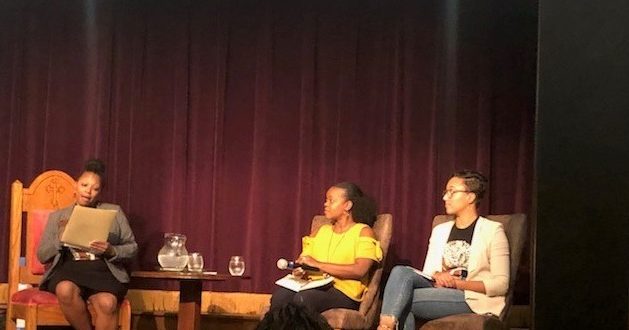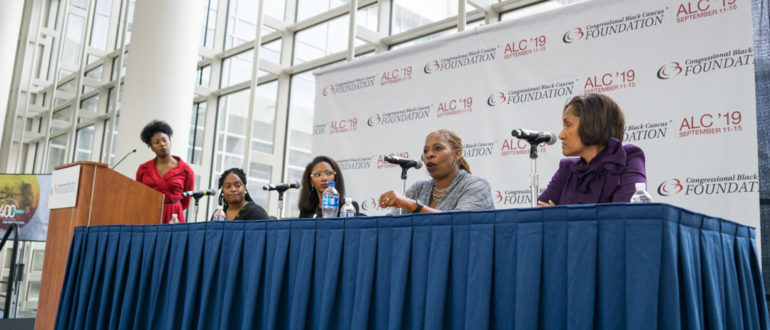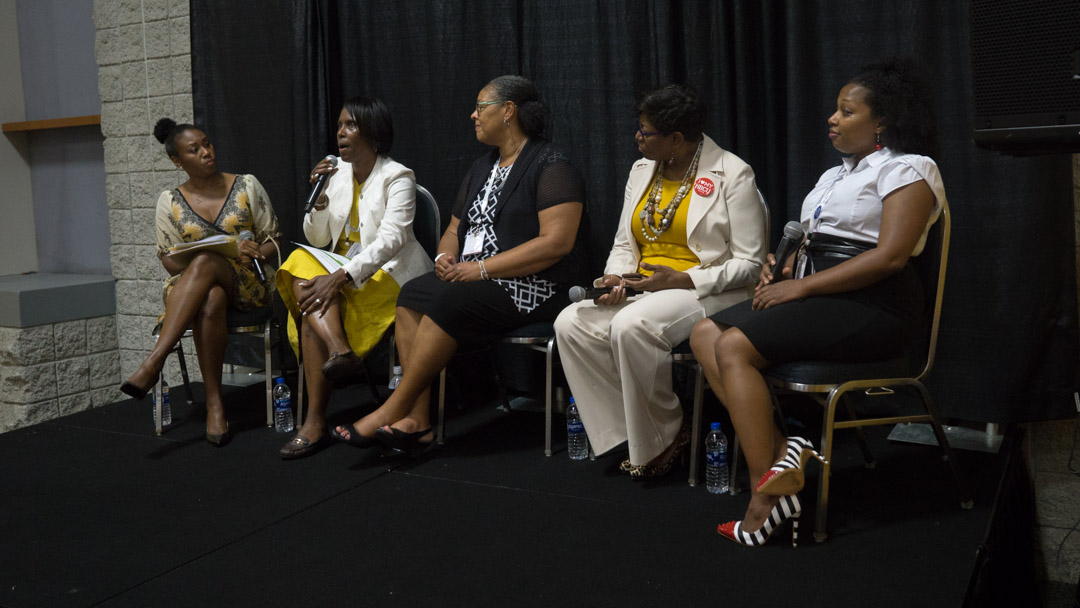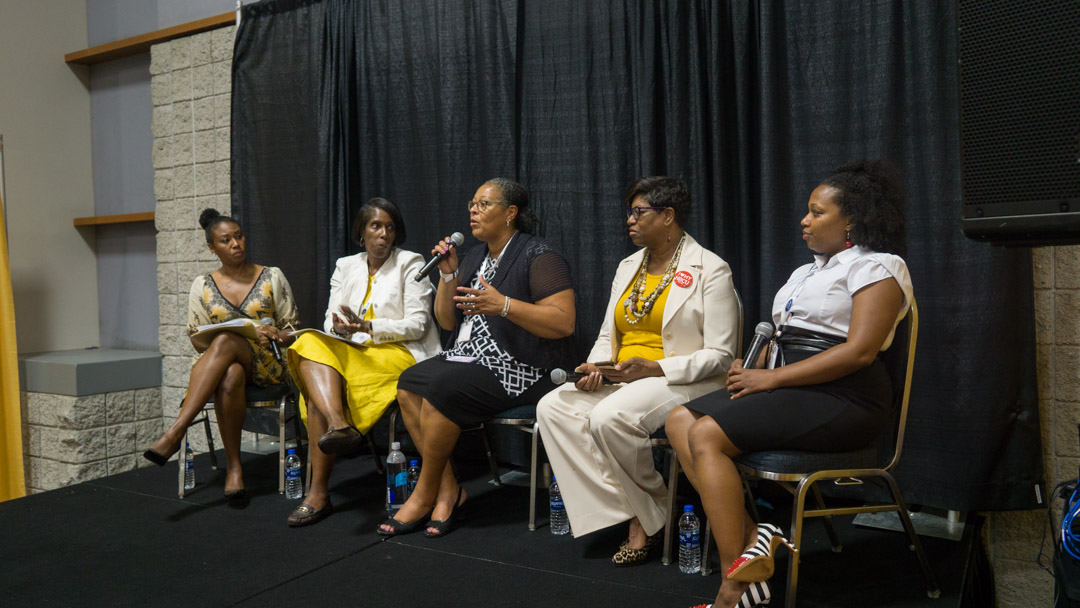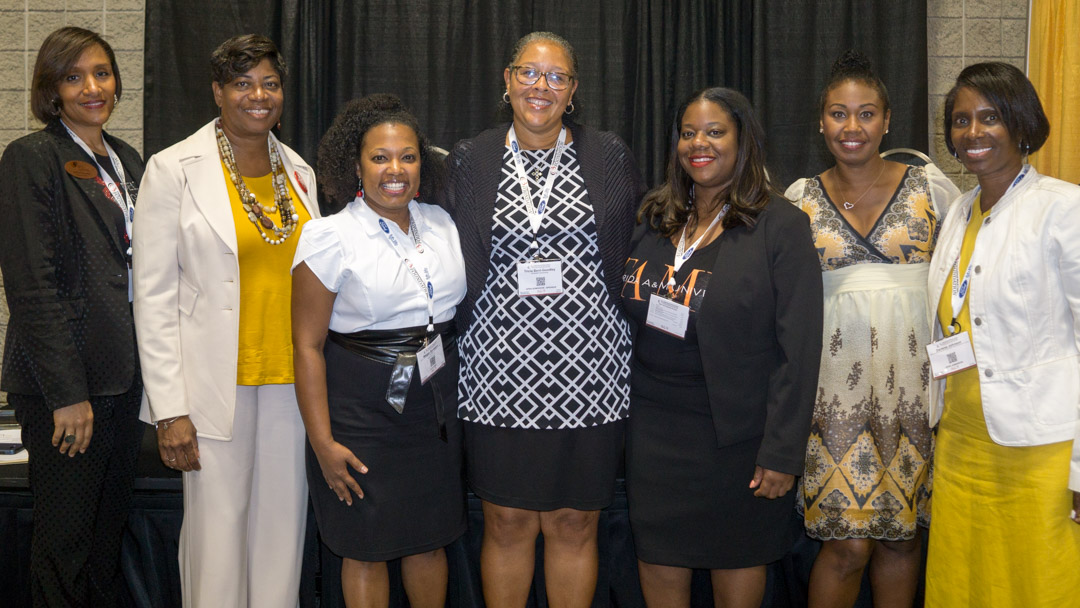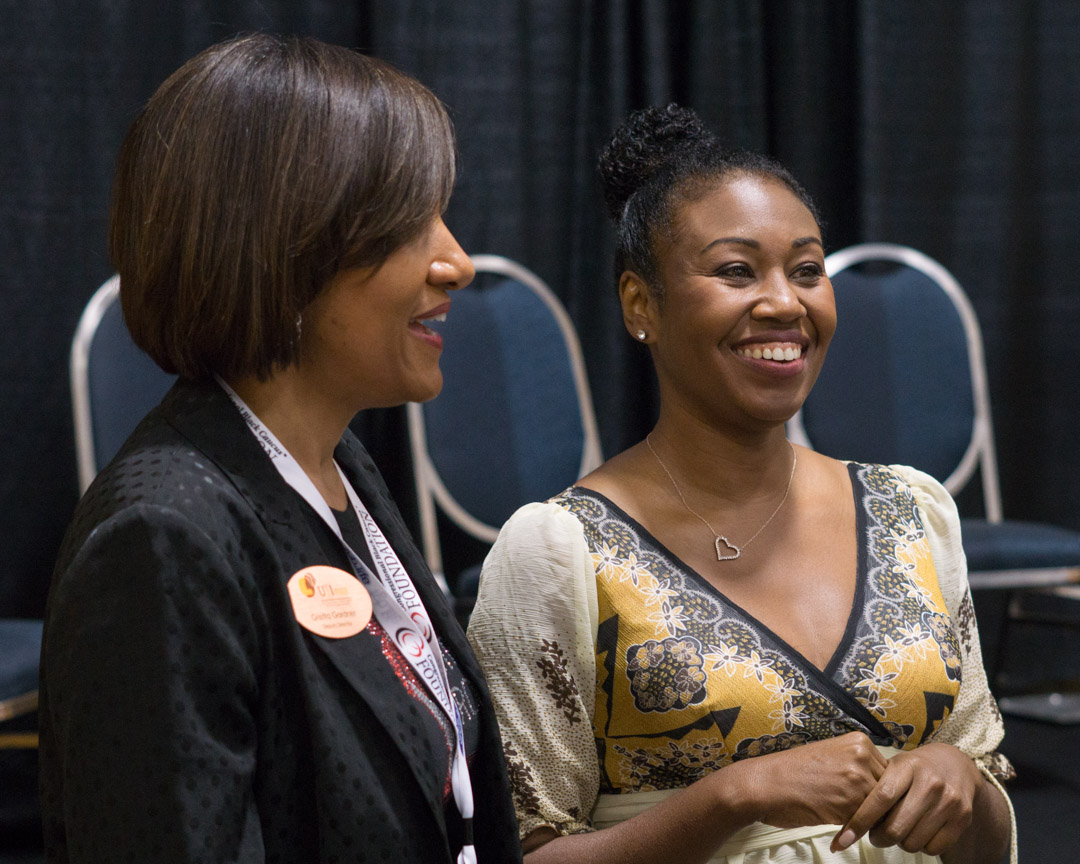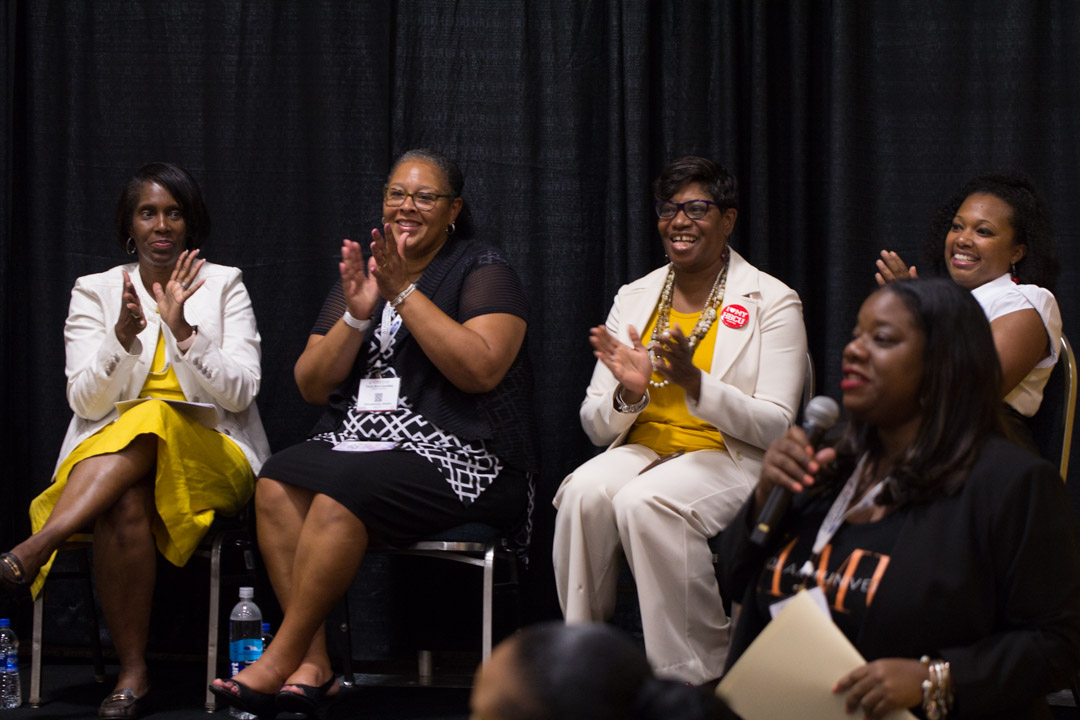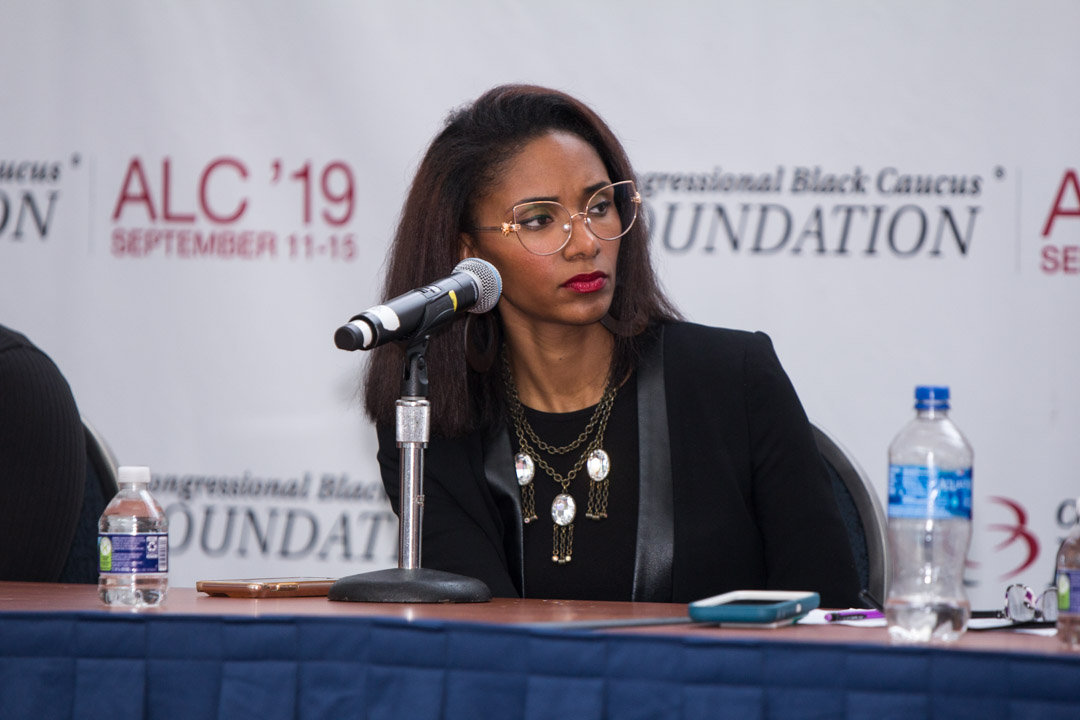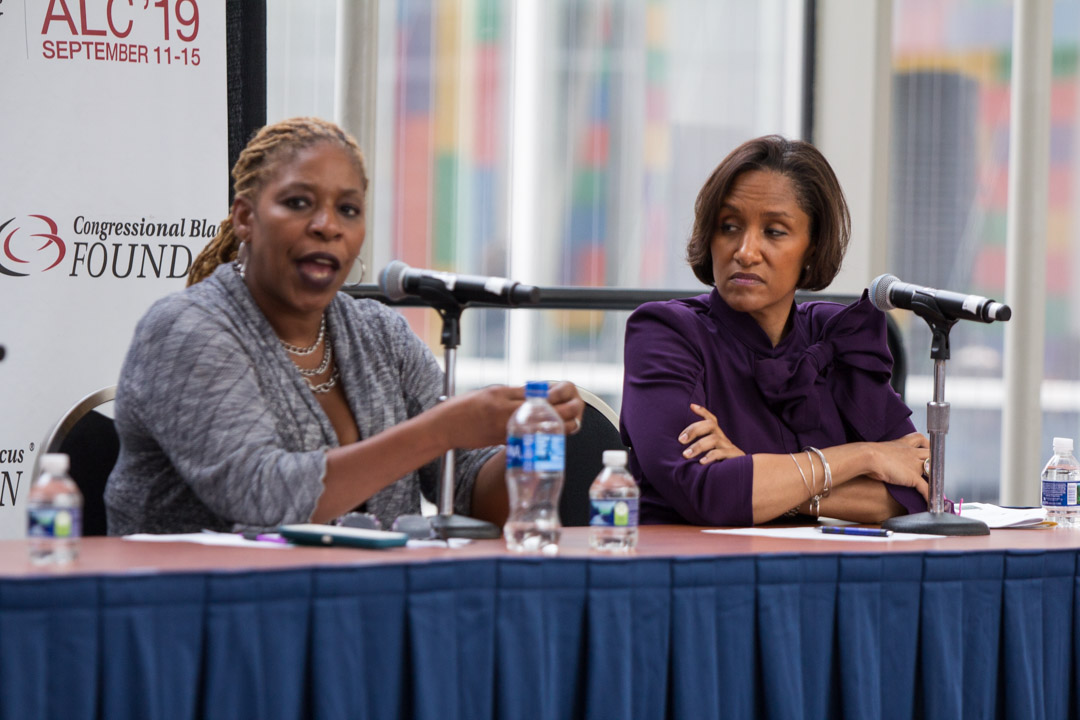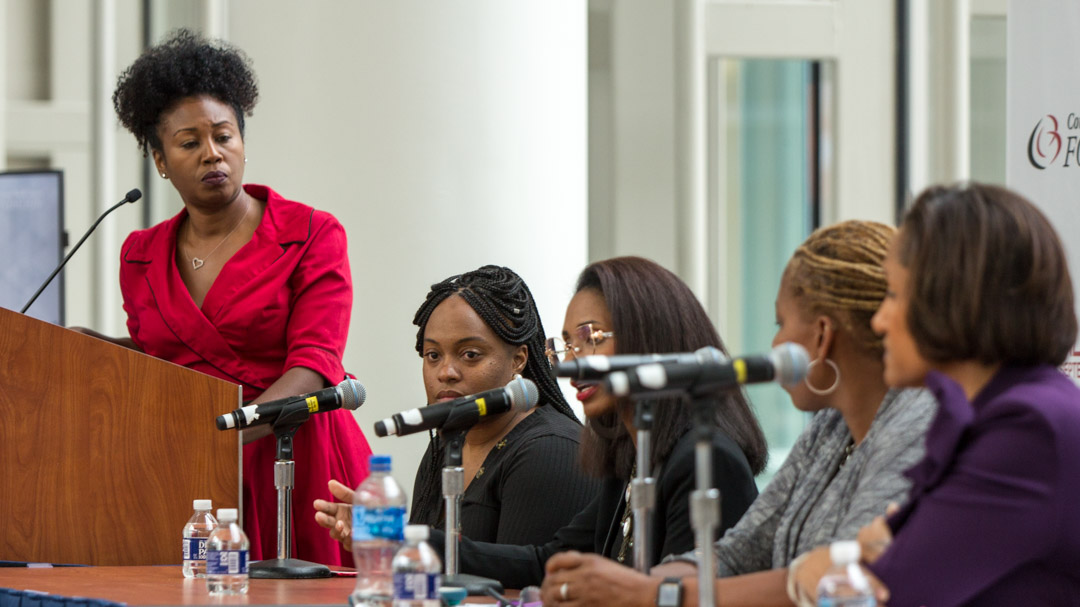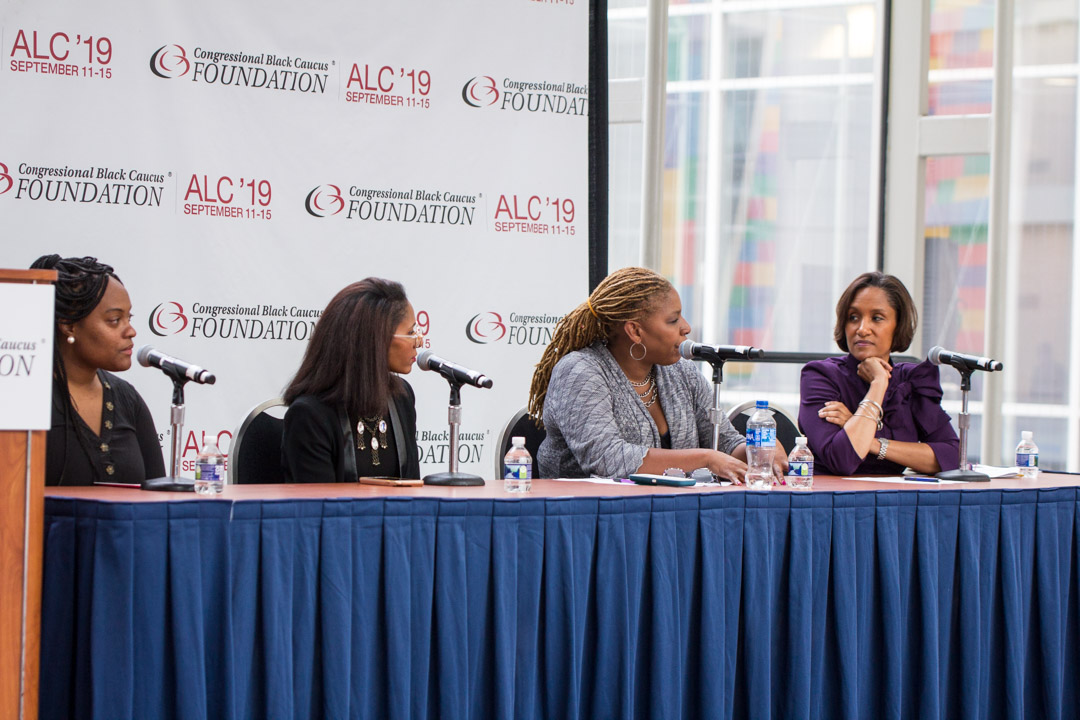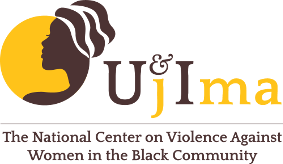As we prepare for the holiday season, Ujima, Inc.: The National Center on Violence Against Women in the Black Community, is dedicating the month of November to discussing Black Mental Health. In many traditions, the coming days and weeks entail joyous, festive, and celebratory rituals that center gratitude, charity, and community. However, this time of year presents new challenges, pressures, and expectations that can make the holiday season overwhelming and stressful. In our commitment to uplifting our community, we want to prioritize and discuss mental wellness as we immerse ourselves in daylight savings time and the colder winter months.
Although African Americans make up roughly 12% of the U.S. population, they comprise approximately 18.7% of those affected by mental illness. African Americans are 20% more likely to experience serious mental health problems than the general U.S. population. Some scholars have identified racism-specific stress and coping responses to include, but not limited to anger, paranoia, anxiety, helplessness, hopelessness, frustration, resentment, and fear for African Americans. Moreover, symptoms of depression and anxiety show up differently within and across racial/ethnic groups that speak directly to historical trauma from diverse lived experiences. For example, research has shown that Black women in America experience chronic anxiety and more intense symptoms than other races. A new groundbreaking study reveals that the pressure of holding everything down as a “strong Black woman” places immense stress and pressure that can increase the risk of depression among Black woman. This pressure can reach even higher levels during the holiday season.
The American Psychological Association notes that “holiday-related stress and the ‘holiday blues’—feelings of disappointment, sadness, fatigue or frustration—are not unusual” during this time of year. The Holiday Blues are often temporary, but for those suffering from mental illnesses, the holidays can be immensely stressful and emotionally taxing. Whether you are worried about purchasing gifts for family and friends or bracing to celebrate the season without a loved one who recently passed, this time of year can trigger a range of negative and positive emotions. The psychological toll of the holidays can result in adverse health outcomes that impact one’s overall wellness beyond the season.
Despite the clear need for mental health care that addresses the multitude of stressors Black Americans face on a daily basis, racial disparities persist when it comes to access. The U.S. Department of Health and Human Services’ Office of Minority Health reports that only 8.7% of Non-Hispanic Black adults, compared to 18.6% of Non-Hispanic White adults, received mental health services in 2018. These disparities exist due to several barriers to prevention and intervention such as, social stigma, distrust of the health care system, lack of cultural humility and diversity among providers, and lack of health insurance.
Now more than ever, it is crucial that Black Mental Health is central to our efforts to promote wellness for our community. As the holidays approach, there are several things that we can do to help navigate the highs and lows of this season, including seeking professional help and identifying other community resources that cater to our needs. Dr. Joy Harden-Bradford, a Licensed Psychologist, author, media contributor and host of the “Therapy for Black Girls” podcast, is one of several remarkable Black women encouraging the mental wellness of Black women and girls. She shares the following tips on steadying yourself for the holiday season that we encourage you to consider:
- Be realistic about your budget.
- Don’t feel pressure to overspend on gifts for friends or loved ones this year. Instead, think of gifts that do not have a specific monetary value attached such as babysitting or curating a music playlist.
- Plan to set aside some money for gifts to avoid financial stress.
- Create new traditions and reexamine old ones.
- If you can’t be with your family this year for Thanksgiving, consider spending time with friends and having a Friendsgiving instead.
- Make a game plan for dealing with the loss of a loved one.
- Reimagine what holiday traditions might look like without your loved one’s physical presence this year.
- Don’t avoid the holidays after experiencing the loss of a loved one. It may not be as a joyous occasion, but you will be able to tolerate the pain and push through.
- Plan ahead to avoid panic.
- Set and stick to your boundaries.
- Recognize that you cannot do everything and that it is okay to say “no” sometimes.
- Build some downtime into your schedule just for yourself.
- This could simply entail heading back home a few days earlier before you have to head back to work or school, going on a solo vacation or planning a staycation.
- Allow yourself space to feel whatever you feel.
- Let go of the unrealistic expectation that you have to feel endless happiness and excitement during the holidays. It is okay to feel sad or worried in light of what is happening in your life.
Finally, let’s acknowledge the fact that spending time with family is not so joyous for some people. For those who find family functions difficult to maneuver, just know that you can pick your family. And if spending time with your family is harmful, stressful and traumatic, choose what make you feel safe. If you need help unpacking these feelings, seek assistance.


